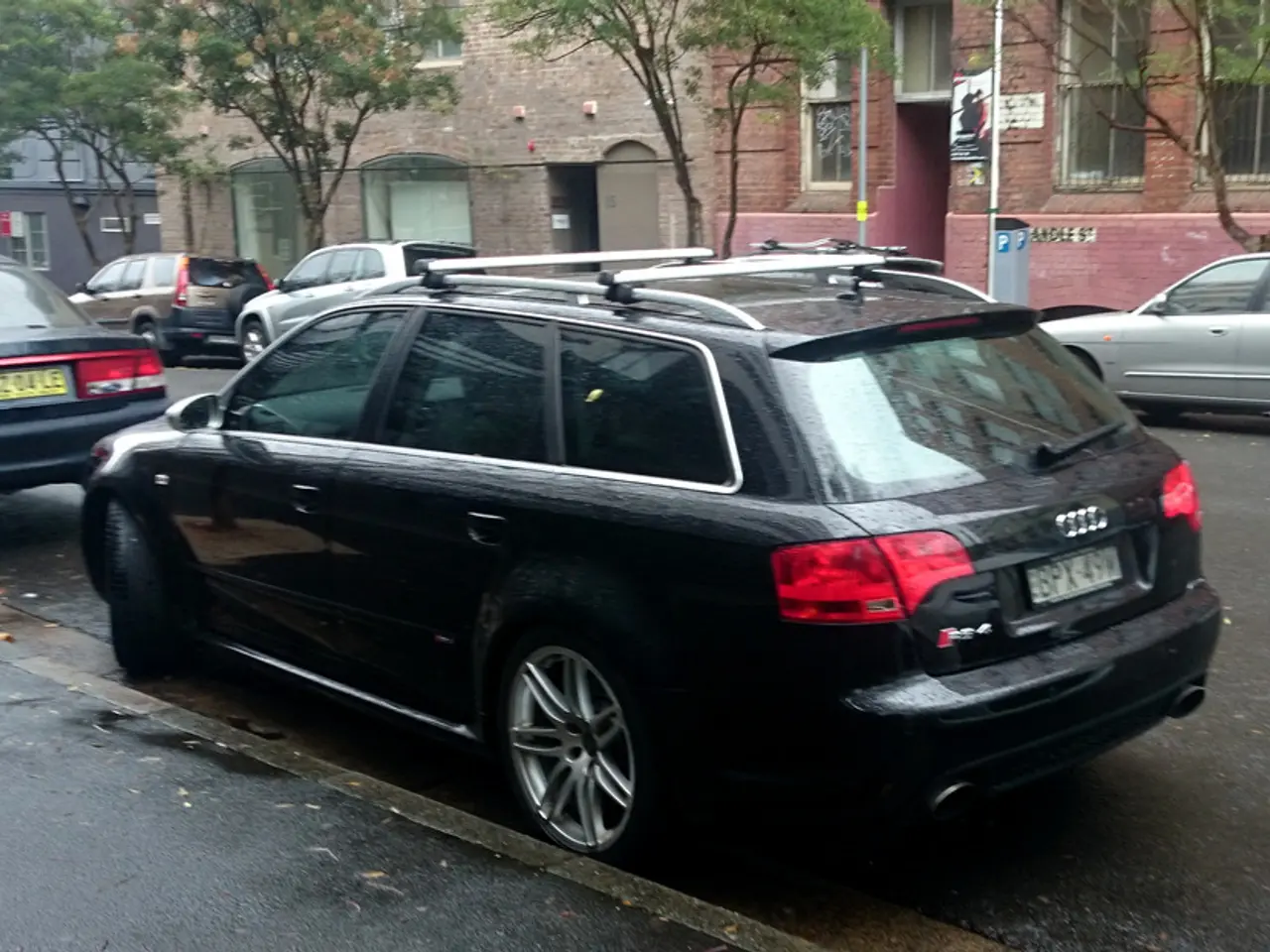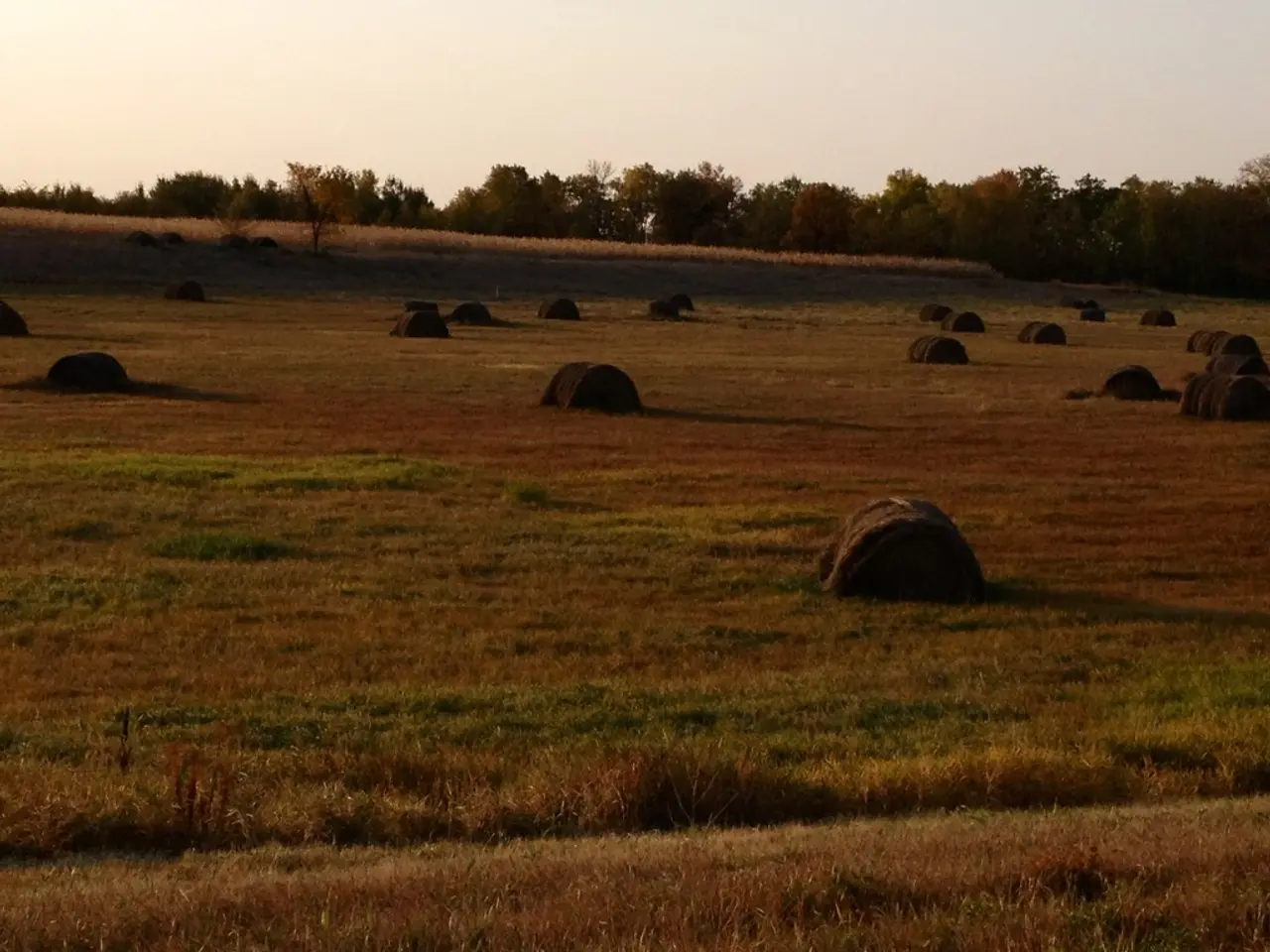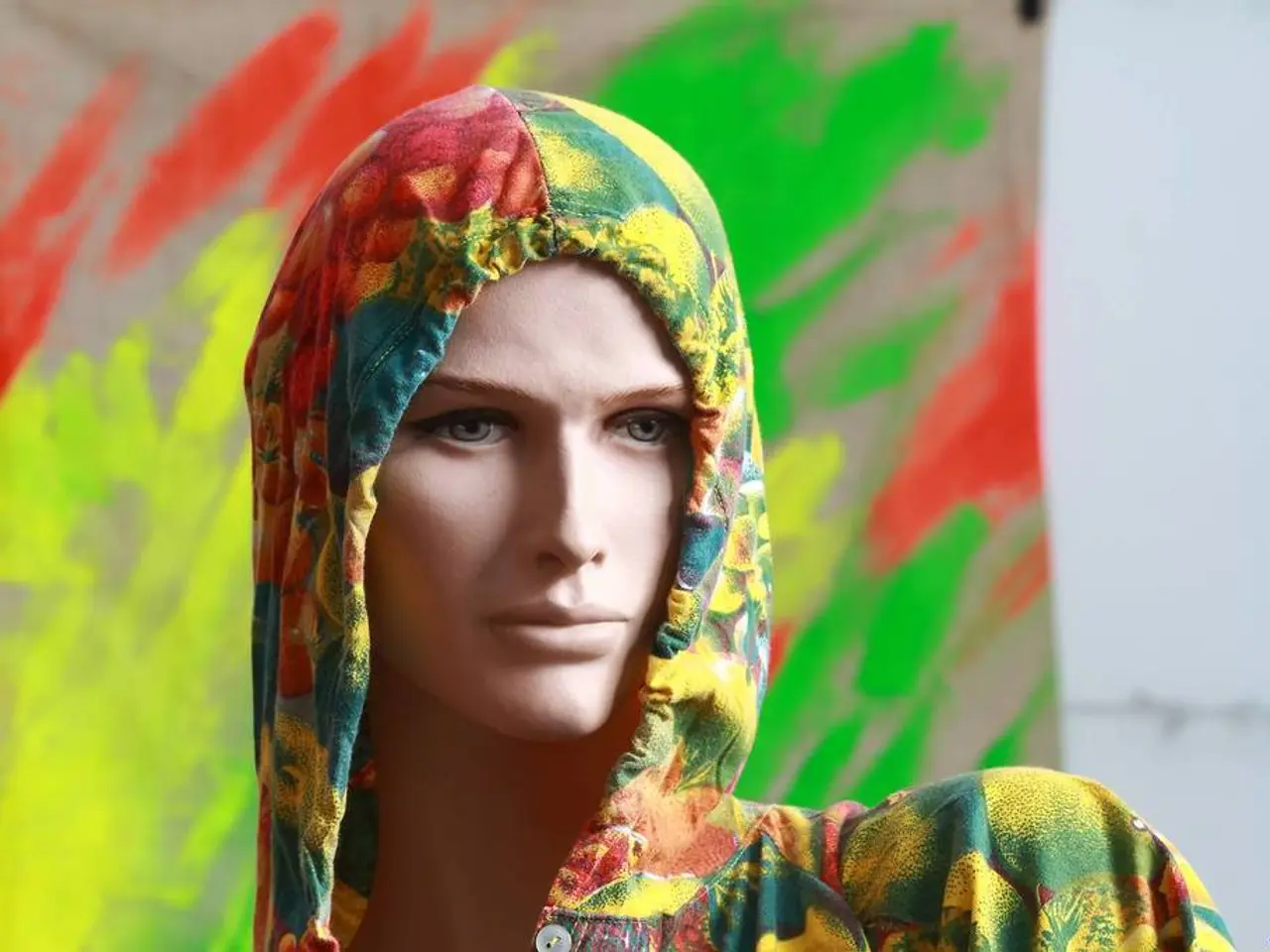Bicycle-exclusive zone: Karlsruhe adds another cycling path
In the heart of Germany, Karlsruhe is making strides towards a more sustainable future, with an active focus on promoting multimodal transportation. The city's efforts are supported by AI-driven route planning tools, aiming to make car-free travel competitive with driving. However, a city-wide car-free zone policy as yet remains an ongoing development [2][4][1].
One of the key projects driving this change is the regiomove app, which integrates AI to optimise travel by combining various transport modes. This approach addresses barriers to reducing transportation emissions and aligns with broader regional efforts in Baden-Württemberg to scale such innovations [2].
Recently, a car-free zone has been implemented in Sophienstraße, starting from August 11. The zone is being tested as part of a traffic trial that began in the summer of 2024. Bicycles will still be able to pass through the modal filter in both directions, but cars will no longer be able to do so [1].
The modal filter, a physical barrier that deters cars, is being installed between Reinhold-Frank and Scheffel streets. From Reinhold-Frank Street, cars can only turn right onto Lessing Street towards Kaiserallee. From Scheffel Street, cars must turn onto Lessing Street - but towards Kriegsstraße. The purpose of the modal filter is to calm streets in residential areas, make detours unattractive, and make space for pedestrians and cyclists safer [1].
The traffic trial has shown noticeable relief to the neighbourhood, particularly for cyclists using this route as a popular east-west connection between the city centre and Mühlburg. However, the car-free zone is dividing opinions in the city, with some seeing it as a step towards improved quality of life and others expressing criticism [1].
Aljoscha Löffler from the Greens sees the solution as a first step towards a more human-friendly city, while Tilman Pfannkuch (CDU) demands an evaluation after a year, suggesting the barrier might be unnecessary. Every building in the area will remain accessible by car as the measure only redirects traffic [1].
The modal filter at Lessing Street is intended to prevent cars from using the side street as a shortcut, especially during congestion on Kaiserallee. The street, Sophienstraße, will remain accessible to cars but with detours. The city planning has worked openly and transparently, ensuring all stakeholders are informed [1].
While the full transition to designated car-free areas is part of ongoing research, development, and infrastructure improvements rather than completed policy enforcement, Karlsruhe's commitment to sustainable urban mobility continues to grow [2][4][1]. As the debate about car-free zones in Karlsruhe continues, the city's progress serves as an inspiration for other cities seeking to reduce transportation emissions and promote multimodal transportation.
- The regiomove app, a key project in Karlsruhe, integrates AI to optimize travel by combining various transport modes, addressing barriers to reducing transportation emissions and aligning with broader regional efforts in health-and-wellness, promoting sustainable lifestyle choices.
- In line with the city's commitment to health-and-wellness and promoting multimodal transportation, a car-free zone has been implemented in Sophienstraße, complete with a physical modal filter that deters cars and encourages more exercise and fitness-and-exercise through cycling.
- The home-and-garden landscape of Karlsruhe continues to evolve with the city's ongoing development of sustainable urban mobility solutions like the car-free zone in Sophienstraße, revolutionizing transportation and paving the way for advancements in science and technology.




